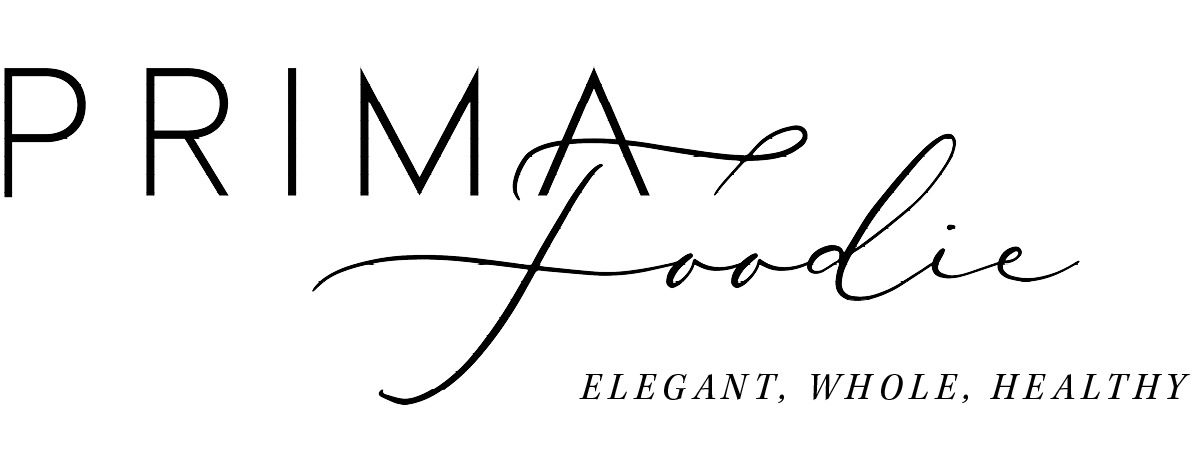The Critical Organ Connection a Nutritional Psychiatrist Wants Us All to Know
It may seem obvious that fresh arugula will nourish your brain while a candy bar will deplete it, but Dr. Uma Naidoo helps us see why. A nutritional psychiatrist and author of the bestseller This Is Your Brain on Food, Dr. Naidoo breaks down the link between what we eat and how our brains function in a compelling, direct, and inspiring way. “I want people to feel hopeful," she says, "and really start to eat healthier for your brain health and your mental fitness."
Dr. Naidoo, who is the director of Nutritional and Lifestyle Psychiatry Services at Massachusetts General Hospital, recently joined Nichole on ‘The PrimaFoodie Podcast’ to talk more about the brain-gut connection and its riveting impact on our mental well-being. Here we break down four fascinating facts from their conversation.
#1: Our gut and brain are inextricably connected.
The gut and brain arise from the same cells in the human embryo and then divide to form two organs, explains Dr. Naidoo. “The two organs remain connected throughout our lives by the tenth cranial nerve called the Vagus nerve” which allows for chemical messaging between the two organ systems. So throughout our lives, these organ systems are always in communication.
#2: Most of the “happiness hormone” comes from the gut.
More than 90 percent of our serotonin, the so-called “happiness hormone” that influences a host of human functions including mood, digestion, and sexual desire, is produced within the gut. Additionally, 70 percent of our immune system is in the gut, adds Dr. Naidoo. “So we start to understand that as we eat food, and food is digested, it is starting to interact with this two-way connection that exists between the gut and the brain.”
#3: Our microbes are critical—so we must take care of them.
The gut contains 39 odd trillion microbes, says Dr. Naidoo. While their types and roles vary, they’re mainly there to work in tandem with our body regarding vitamin production, sleep and circadian rhythm, hormones, immunity, mental health, and so much more. With this said, when we are under stress or eat unhealthy foods, those microbes become impacted and can evolve into bad microbes. “When we eat poorly, the bad microbes are fed and nurtured,” continues Dr. Naidoo. “And when we feed and nurture the bad, the bad bugs, the bad microbes, they start to take over and then they set up for gut inflammation. This is why it’s critical to nourish and care for our microbes with proper sleep, stress management, and healthy healing foods such as vegetables, fruit, beans, nuts, seeds, and legumes. As Dr. Naidoo puts it, “We want to live in community with our gut microbes.”
#4: To honor our mental health, we must eat well.
Inflammation in the gut leads to inflammation in the brain. This fact underscores why Dr. Naidoo sees food and nutrition as one of the most critical ways to care for our emotional and mental well-being. By moving away from foods that are processed and high in sugar and toward fresh, whole options “we’re immediately making a better choice for mental health and an improvement in our gut health and ultimately, our brain health.”
To learn more from Dr. Naidoo, listen to ‘The PrimaFoodie Podcast’ here.
